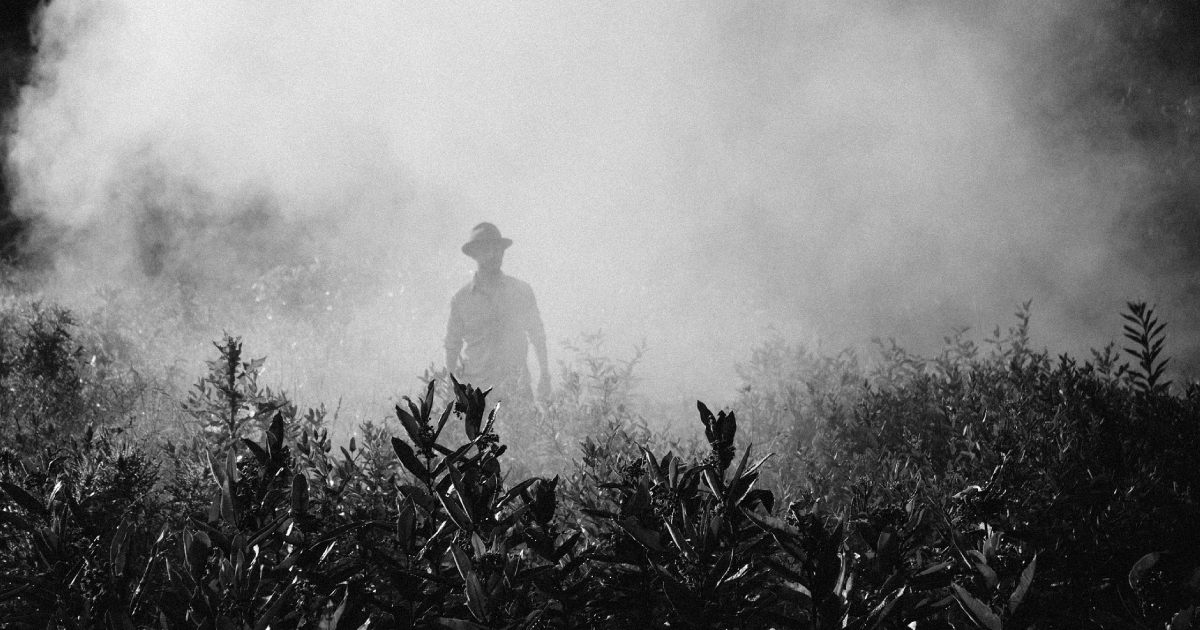
Pesticide Studies Won E.P.A.’s Trust, Until Trump’s Team Scorned ‘Secret Science’
José Camacho once worked the fields here in the Salinas Valley, known as “the Salad Bowl of the World” for its abundance of lettuce and vegetables. His wife still does. But back in 2000, Mr. Camacho, who is 63, got an unusual phone call. He was asked if he wanted to work for a new project studying the effects of pesticides on the children of farm workers.
August 24, 2018 | Source: The New York Times | by Danny Hakim
Backed by agrochemical companies, the current administration and Congress are moving to curb the role of human health studies in regulation.
José Camacho once worked the fields here in the Salinas Valley, known as “the Salad Bowl of the World” for its abundance of lettuce and vegetables. His wife still does.
But back in 2000, Mr. Camacho, who is 63, got an unusual phone call. He was asked if he wanted to work for a new project studying the effects of pesticides on the children of farm workers.
“This seemed really crazy,” he recalled saying at the time, since he barely spoke English. “A research study?”
The project, run by scientists from the University of California, Berkeley, and funded in part by the Environmental Protection Agency, is still going all these years later. Known as Chamacos, Spanish for “children,” it has linked pesticides sprayed on fruit and vegetable crops with respiratory complications, developmental disorders and lower I.Q.s among children of farm workers.
